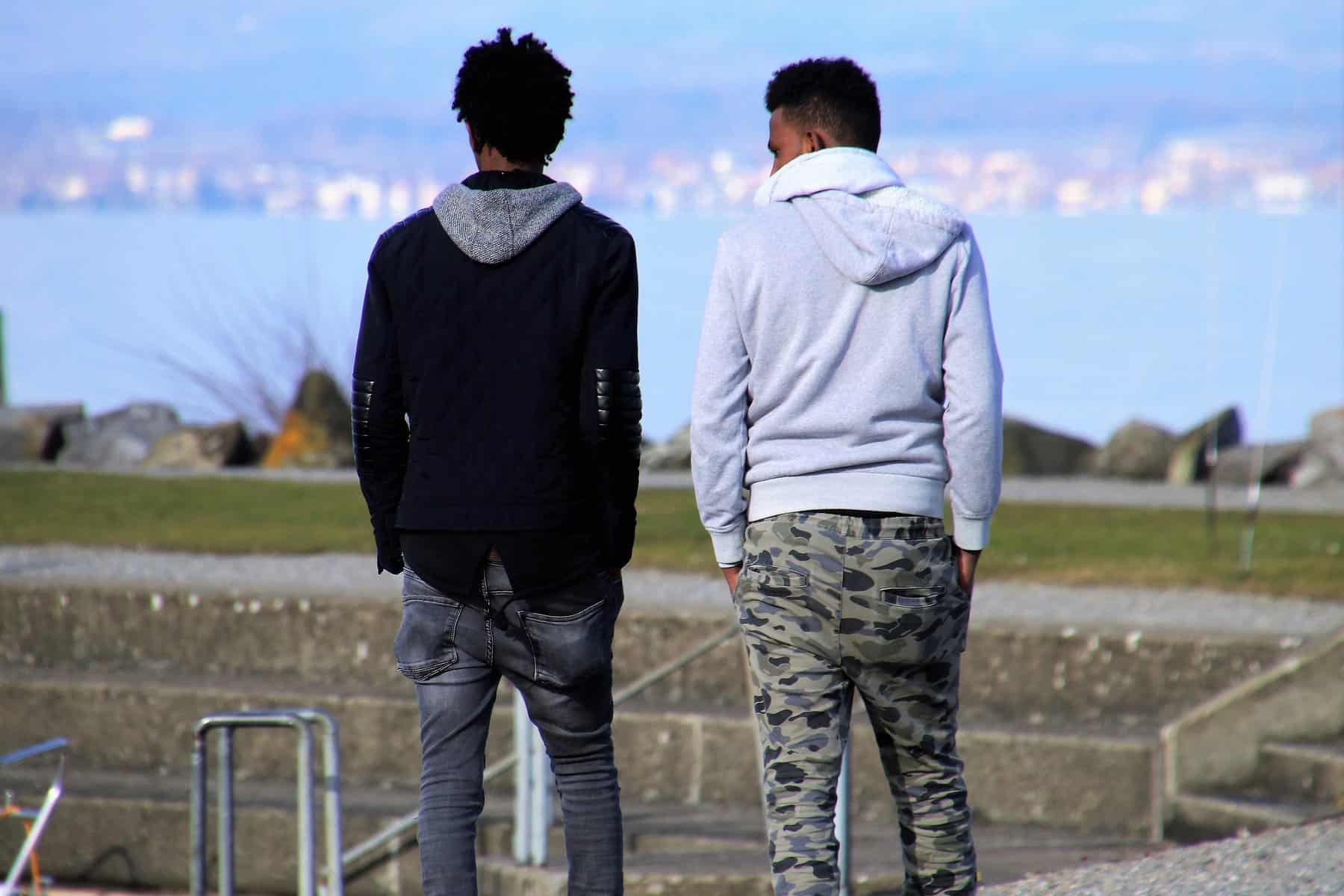
“We don’t even know how to talk to each other anymore,” says Pastor Griff Martin of First Baptist Church in Austin, TX, about divisive issues in our country today. “As a church, we can’t lead a conversation about gun violence or sanctuary cities out in the public sphere if we can’t even talk about it in our own community.”
So Griff set about to change that.
Over the course of twelve weeks, Griff facilitated a series of evening gatherings for congregants to engage with each other in conversations around issues ranging from the environment to sexual minorities in the church. But before they could have these conversations, Griff stresses, first they had to learn how to have these conversations.
“We started by reminding ourselves that everybody has a voice, we learn better by listening, and we learn better by asking questions,” Griff says. “I had just read Brené Brown’s Braving the Wilderness, and I thought, this book is the remedy for everything. So I gave that to the church, and said, we need to read this. This is essentially how to be human. And we’ve missed this somehow.”
“Everybody has a voice, we learn better by listening, and we learn better by asking questions.”
Griff used Brené Brown’s writing, and several works by Parker Palmer, to help shape the answer to the question of what it means to have a conversation. “Those really were our guidelines, because we’re not talking about ‘issues,’” he says. “I mean, we’re never talking about ‘issues.’ We’re always talking about people. But when you look at what’s going on in the world, we have lost that ability…and as the church as a whole, we have failed to talk about the things that really matter.”
One of the surprising things Griff discovered was that, on some topics, people weren’t ready to have a conversation because they had so many questions about the issue itself. “We want to talk about these issues,” Griff says. “We’re just so scared that we don’t know how—we hear about immigration, we hear about health care, and we just assume we’re supposed to know more than we do. So some of it was just [realizing], you know what? There’s so much where we think we know the same things, and we don’t. Sometimes just getting on the same page was more important than sitting around the table talking.”
Another surprise was the diversity of viewpoints that individuals brought to the conversation. “One of the things I thought was really beautiful was that I couldn’t pinpoint anybody. There were some topics I thought, ‘Oh, because I think they’re this way…’ and then I’d be really surprised by their questions. And I realized, we are all so much more complex than we think we are.”
“I realized, we are all so much more complex than we think we are.”
“I think that was good for the community to see,” Griff continues. “We’ve created this either/or way of thinking, so to go, ‘Oh, they might feel this way about health care, but this way about gun control, and this way about the environment,’ was different. That’s probably the beauty of what all these conversations did, is that I think we all walked away realizing, this doesn’t have to be an either/or. A lot of these conversations can be both/and.”
Griff’s sense was that holding these conversations within a church community made it a safer space for people to engage with each other, and even to take risks. “I think it felt safe because we know each other,” he says. “I won’t say we put all judgement aside, but I do think we trusted that somebody’s going to give you the benefit of the doubt if you ask a bad question.” And there was grace in that security, Griff feels, a grace people might not ordinarily extend to one another in a different context.
Setting up each conversation as just that—a conversation—was also an important step, Griff notes. “We did not set it up as ‘winners’ or ‘losers;’ we also weren’t making a decision or setting church policy. It was just a conversation. And I think that felt safe.”
Griff did receive some pushback, especially at the beginning of the series, about the political nature of the conversations. But, as he says he reminded his congregation, “Politics isn’t bad. Politics isn’t scary. Jesus was very political.”
“We have lost the difference between politics and partisan politics,” Griff feels. “This isn’t about holding the Democrat position or holding the Republican position, politics is about how we relate to each other. Who gets what, and when, and how much they get…and which systems are fair or not fair. And that is very much what Jesus talked about.”
“We have lost the difference between politics and partisan politics…politics is about how we relate to each other.”
“This is something the church needs to be talking about,” Griff concludes. “But we’ve just let so much be robbed from us, in terms of letting partisan politics steal it, and this is really something where we should be leading the conversation.”
The experience was transformative. Although First Baptist didn’t advertise the conversation series beyond the church community, people brought friends, and two people ended up joining the church following the program. “There is something healing about having a safe space to talk about things that matter, without being judged,” Griff says. People are looking for that healing, and that safe space.
As for other churches who may want to try a similar conversation series, Griff says to start by reading Brené Brown and Parker Palmer. If churches aren’t talking about these topics, he asks, “what are you talking about? I don’t know how you preach the gospel lectionary every Sunday without hitting on some of these issues. And it’s not enough for the pastor to just be doing that from the pulpit,” he states. “We have to listen, we have to learn from each other.”
“Read Brené Brown. Read Parker Palmer,” he concludes. Ask yourself: “What are the issues you need to be talking about? And then, create the space around the table to talk about them.”
Elrena Evans is Editor and Content Strategist for Christians for Social Action. She holds an MFA in creative writing from Penn State, and has also worked for Christianity Today and American Bible Society. She is the author of a short story collection, This Crowded Night, and co-author of the essay collection Mama, PhD: Women Write About Motherhood and Academic Life. She enjoys spending time with her family, dancing, and making spreadsheets.


